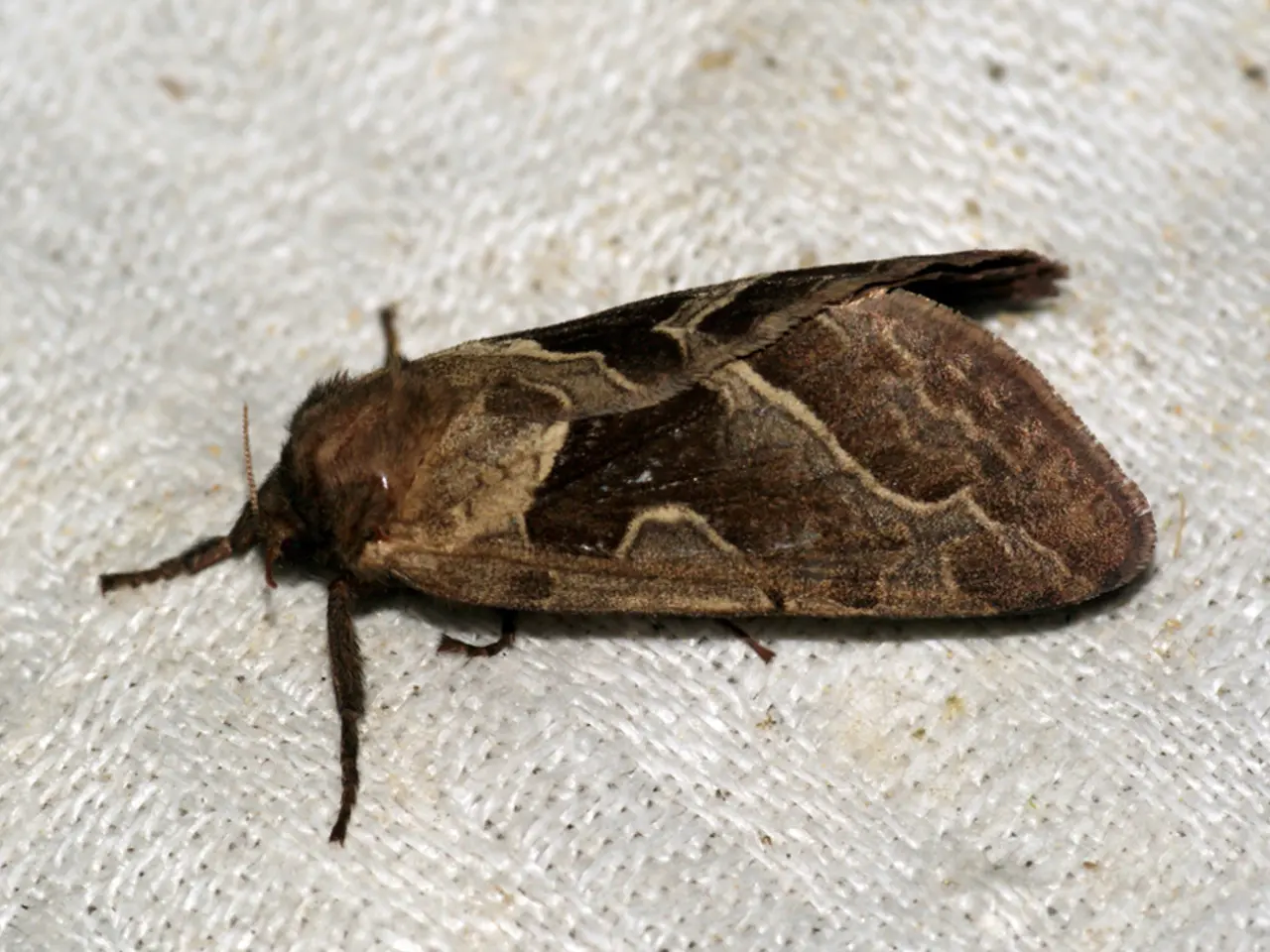STD Associated with Anal Itching: Underlying Causes, Additional Symptoms, and Remedies
Rectal itching, while often associated with sexually transmitted infections (STIs), can also be caused by a variety of other factors. Here are some common non-STI causes of rectal itching:
Poor Hygiene or Stool Irritation
Residual stool on the skin around the anus that isn't cleaned properly after bowel movements often causes anal itching. Watery stools can also leak and irritate the area, leading to discomfort [1].
Dietary Irritants
Certain foods and drinks, such as spicy foods, coffee, tea, cola, milk, alcohol (especially beer and wine), chocolate, citrus fruits, vitamin C, and tomatoes, are known to irritate the anus and cause itching [1][3]. The onset of itching typically happens 24 to 36 hours after ingestion as the food passes through the digestive system.
Antibiotic Use
Broad-spectrum antibiotics like tetracyclines and erythromycin can disrupt normal intestinal bacteria, leading to itching [1].
Chemical Irritation or Allergic Reactions
Local allergens or irritants like scented toilet paper, feminine hygiene sprays, deodorants, medicated talcum powders, soaps, or topical medications applied to the anal area can cause itching [1].
Over-Cleaning
Excessive scrubbing or aggressive cleaning of the anal area, especially with soaps, can irritate the skin and trigger itching [1].
Skin Infections and Conditions
Fungal infections like jock itch (a fungal infection affecting groin and perianal skin) can cause rectal itching. It is often associated with red, crusty bumps or rash and thrives in warm, moist environments [2]. Other skin conditions like eczema and psoriasis can also cause persistent anal itching [3].
Yeast Infections
Perianal yeast infections can result in itching around the anus [3].
Idiopathic Pruritus Ani
Sometimes no clear cause is found (called primary or idiopathic pruritus ani), which is a chronic condition often worse at night or after bowel movements [3].
It is important to identify the trigger for rectal itching for effective treatment. If itching persists or worsens, it is recommended to seek medical evaluation [1][2][3].
- Skin care practices, such as frequent use of perfumed toilet paper or harsh soaps, can irritate the skin around the anus and cause chronic anal itching.
- In addition to poor hygiene and dietary irritants, chronic diseases like mental health issues can also contribute to persistent rectal itching, making it crucial to consider all potential factors.
- Respiratory conditions, like allergies or asthma, may not initially seem related to skin health, but they can indirectly lead to itching by causing excessive scratching due to discomfort.
- Menstruation-related skin care products, such as tampons or sanitary pads, can occasionally trigger allergic reactions in some individuals, leading to an itchy sensation around the vulva or anus.
- The health and wellness field often focuses on physical fitness and nutrition, but it is equally important to address mental health issues and stress management to prevent chronic itching due to their potential impact on overall skin health.




